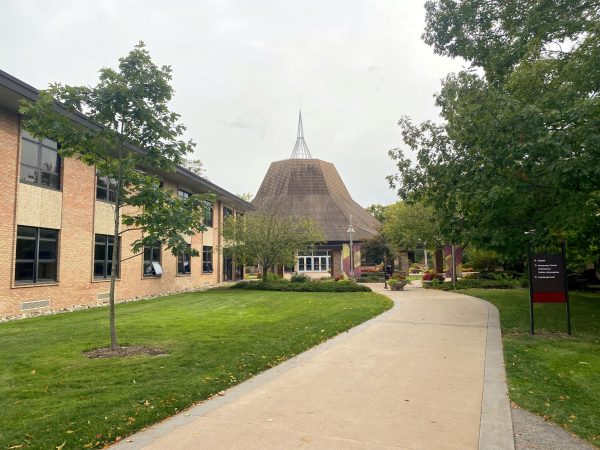Cuban communist leader thanks pope for his role in Cuba-US negotiations
Last Sunday, May 10, current Cuban President Raul Castro participated in a private audience with Pope Francis in Vatican City. Castro visited the pontiff to thank him for his role in the recent improvement of relations between Cuba and the United States.
This change was the result of secret negotiations that occurred in Vatican City last December.
As a Latin American himself, Francis greeted the Cuban leader in his native Spanish when he arrived at the papal studio.
The pope presented Castro with a medal featuring an image of St. Martin of Tours, who was known for symbolically sharing his cloak with beggars and the poor. This was a message to Castro, encouraging him to support the cause of Cuba’s poor citizens.
Castro expressed great praise for Pope Francis, even joking that he may consider rejoining the Catholic Church if Francis “continues in this vein.” Castro additionally mentioned that he is, in one sense, a Jesuit like Pope Francis, since he attended Jesuit schools.
In September, the pope will stop in Cuba for a visit before continuing on to the United States. Castro promised to “go to all his Masses, and with satisfaction” while Francis is in Havana.
According to BBC correspondent Will Grant, these joking remarks were omitted in Cuban news reports about the audience. Grant called this “a reflection, perhaps, of how surprising it is for Cubans to hear Mr. Castro make such comments, whether tongue-in-cheek or not.”
Many religious practices were suppressed in Cuba after the Revolution of 1959, though official ties with the Vatican have never been broken. Castro told reporters that officially allowing religious belief is “an important step.”
This praise of the pope is in contrast to decades of disapproval the Vatican has shown to the Cuban government, calling repeatedly for better protection of human rights and reconciliation with the United States.
In press conferences after the audience, Castro said that Cuban relations with the United States haven’t been easing as quickly as he hoped after the Vatican-moderated agreement in December.
He cited the fact that Cuba is still included on the United States’ list of terrorist nations. However, President Obama recently recommended that Cuba be removed from the list, and Congress is currently in the middle of a 45-day consideration period before that decision becomes official.
Many Catholic media publications are skeptical about Castro’s enthusiasm. Friar Alexander Lucie-Smith, writing in The Catholic Herald, emphasized that, before he can return to the church, Castro must “recognize and admit that the repression of the last half-century is a crime against humanity and against God.”
When questioned about his comments, Castro insisted: “I mean what I say.”






